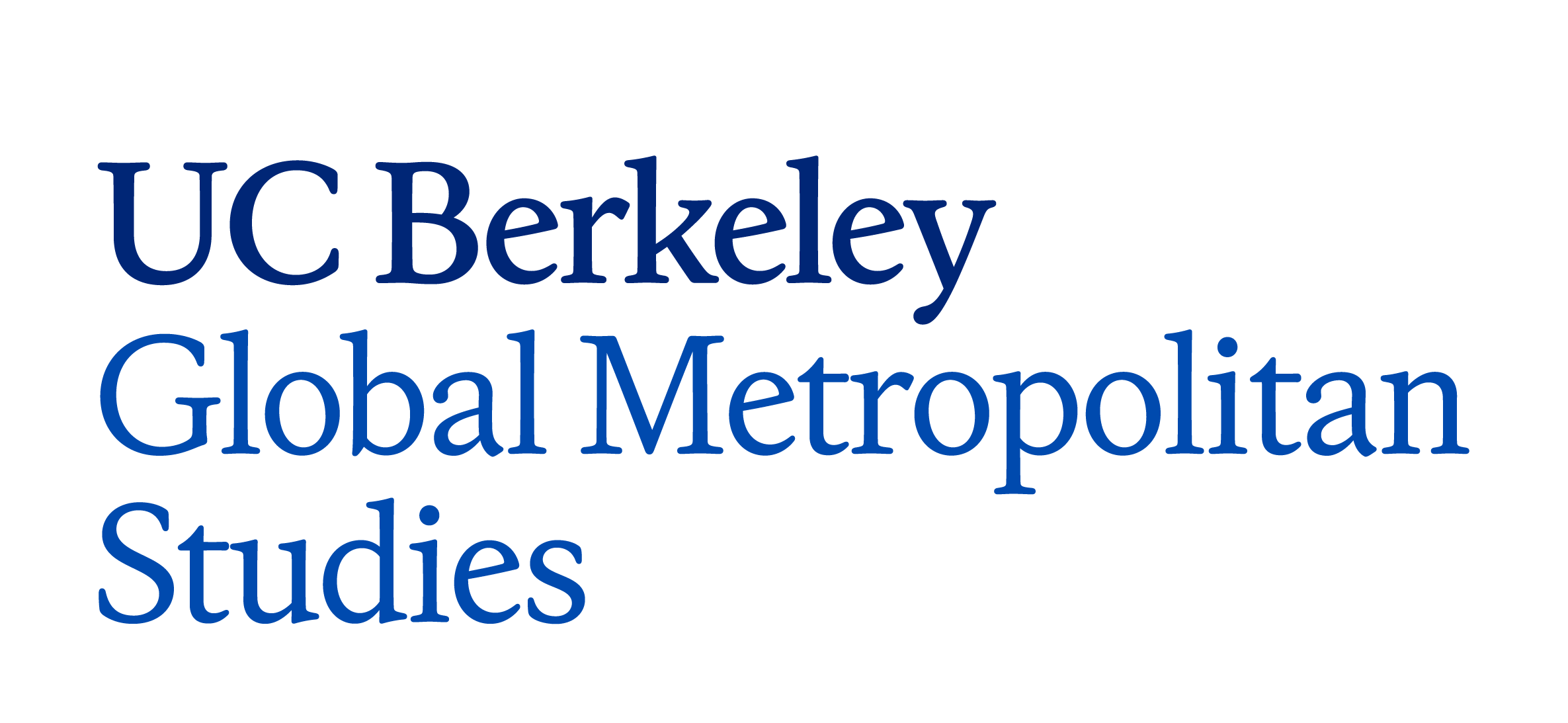Flexible-route service has been delivered as an access-and-egress mode to its trunk-line transit system. This service can benefit both users and operators because it combines the low fare of collective transport with the adaptive routing of private transportation. Early efforts to develop this service were, for example, a dial-a-ride shared taxi and a subscription shared taxi services. Strategies suitable for broader deployments came with the advent of smartphones and other communication devices. These devices can facilitate matching between drivers and patrons, and providing efficient routes in real-time. The costs of these technologies can be prohibitive in much of the developing world, however. In these settings, even small-scale operators may provide some forms of flexible feeder service. But costs often preclude the deployment of technologies to enhance these services. Though smartphone ownership continues to increase in these countries, digital skills are often in short supply, particularly among the elderly, the lesser educated and lower-income earners. The novel flexible-route strategy that does not require communication devices potentially enhances the service provided by informal operators in developing countries.
Quantitative results reveal that Jitney-lite tends to generate lower costs in the city’s periphery, where its demand density is lower than fixed-route service does, and higher than motorcycle taxi service does. The service can be especially cost-effective where sidewalks and other pedestrian infrastructure are underdeveloped and where residents earn middle-to-high incomes. The quantitative results suggested that the Jitney-lite is technically promising to improve access to the BMR’s transit system. However, interviews revealed several cautions due to the institutional and legal limitations. Initiatives by the government are then essential to negotiate and support informal operators to implement the strategy. The institutional and legal reform process is also critical to effectively recognize, regulate, and coordinate novel modes of transportation in the future.
